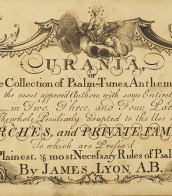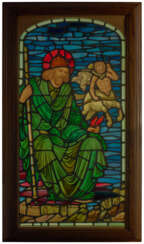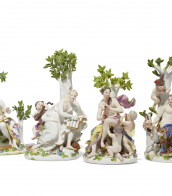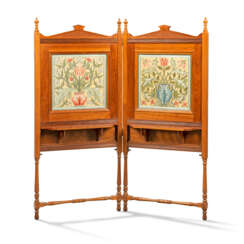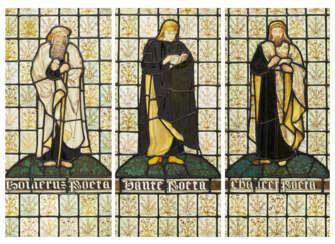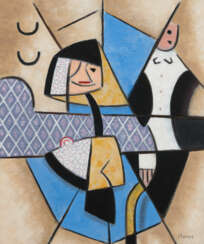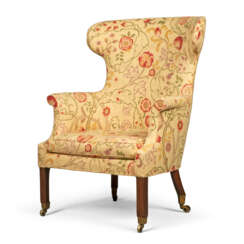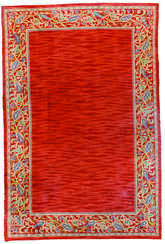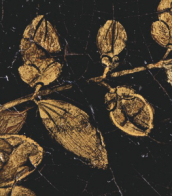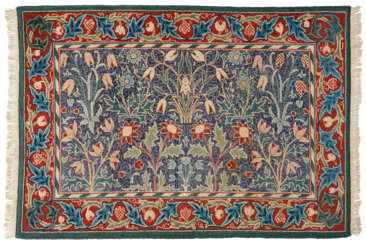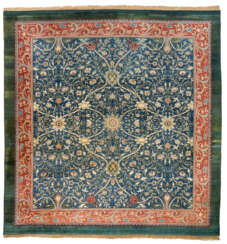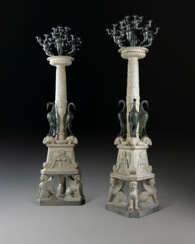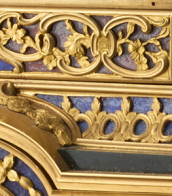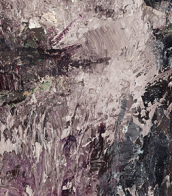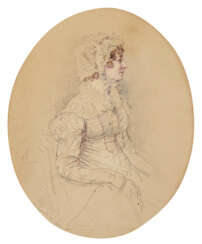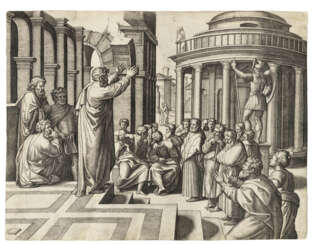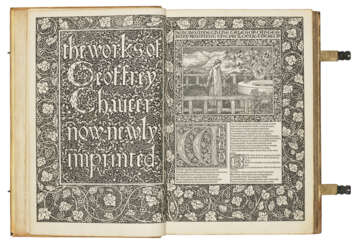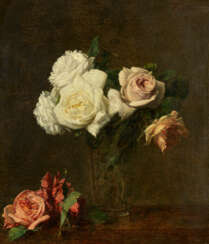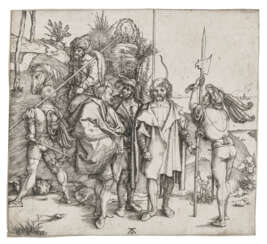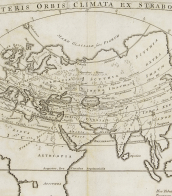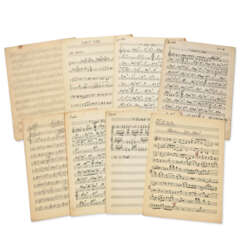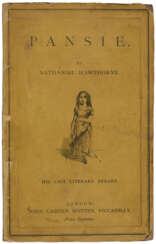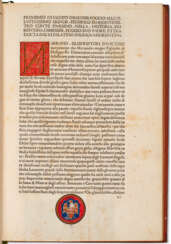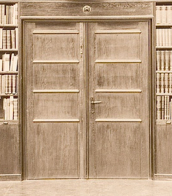morris & co.
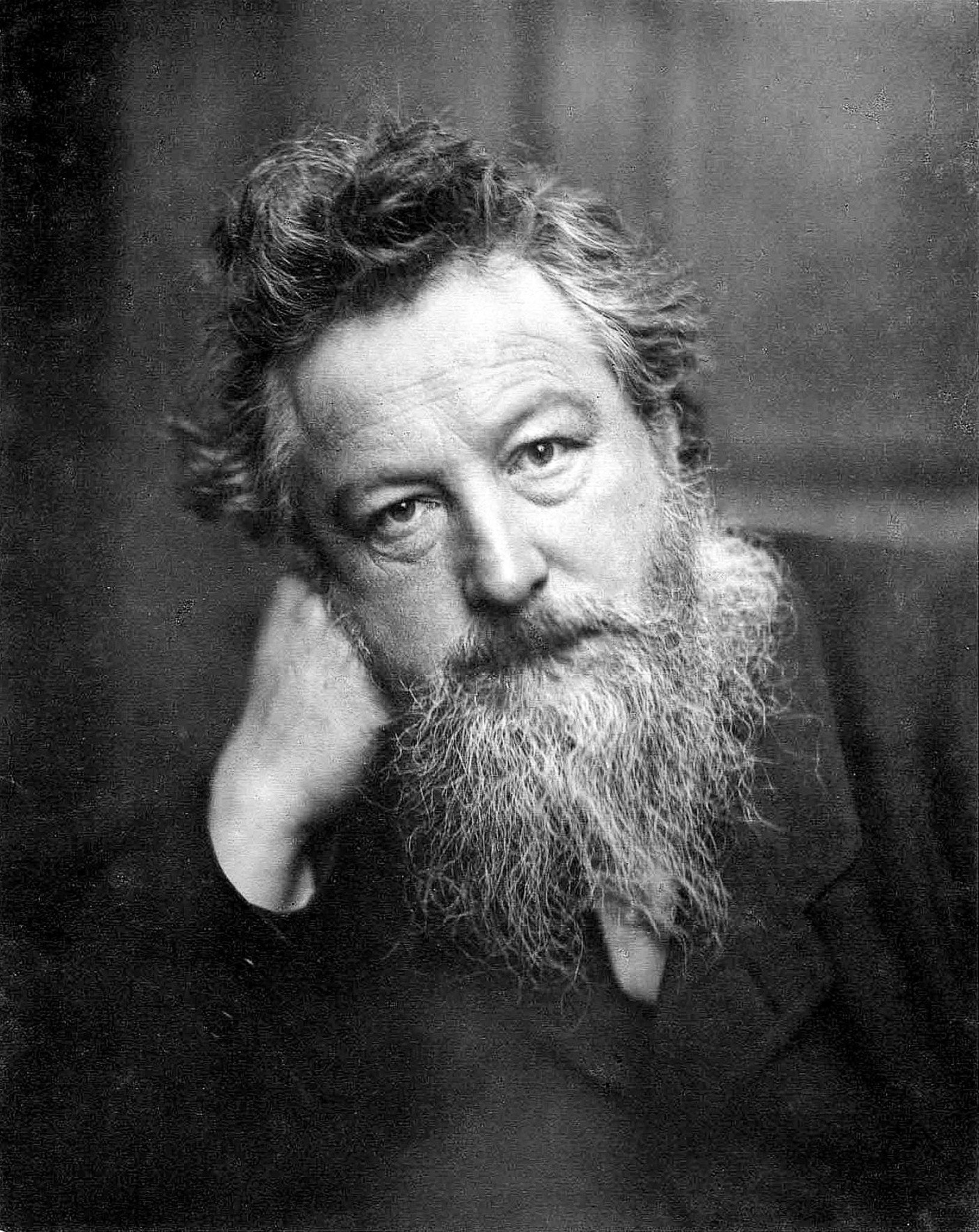
William Morris was a British artist, designer, poet, and social activist, celebrated for his profound impact on the decorative arts and his role in the Arts and Crafts movement. Born in Walthamstow, Essex, in 1834, Morris developed a fascination with medieval architecture and landscapes, influencing his artistic endeavors. He founded Morris & Company, known for producing exquisite textiles, wallpapers, and various decorative items that emphasized craftsmanship and beauty.
William Morris's Kelmscott Press, established in the 1890s, aimed to revive traditional book-making methods, producing works with high-quality materials and craftsmanship. One notable achievement was the Kelmscott Chaucer, a collaboration with Edward Burne-Jones that is still celebrated for its intricate designs and craftsmanship.
William Morris's influence extended beyond his lifetime, with his designs continuing to inspire artists and designers. His works are housed in prestigious institutions like The Metropolitan Museum of Art, reflecting his enduring legacy in the art world. His commitment to social causes, particularly through his socialist beliefs, further highlights his multifaceted contributions to culture and society.
If you're intrigued by William Morris's work and his influence on art and design, consider signing up for updates. Stay informed about new product sales and auction events related to William Morris's legacy, ensuring you don't miss out on owning a piece of this historic artistry.
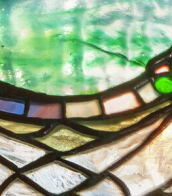
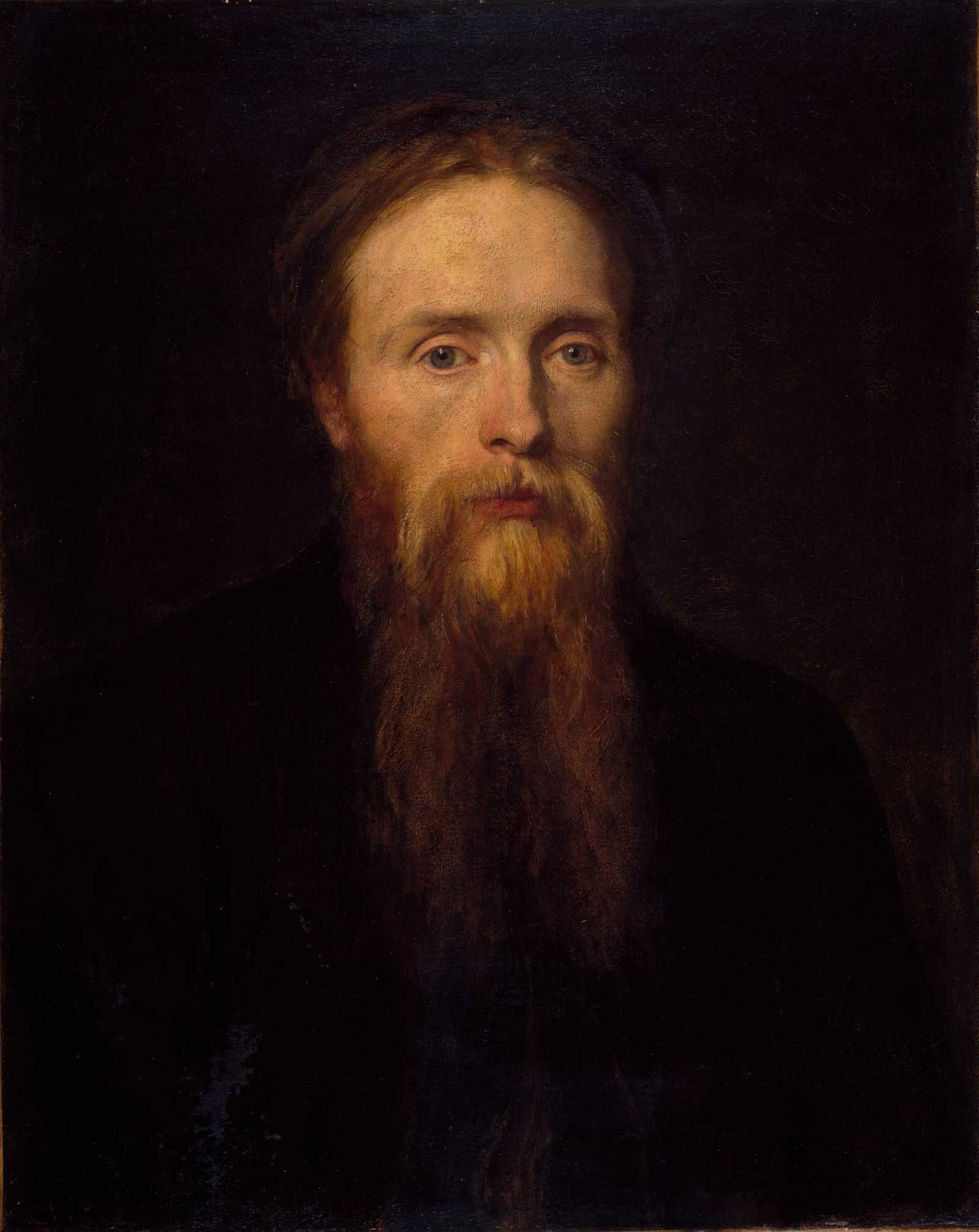


William Morris was a British artist, designer, poet, and social activist, celebrated for his profound impact on the decorative arts and his role in the Arts and Crafts movement. Born in Walthamstow, Essex, in 1834, Morris developed a fascination with medieval architecture and landscapes, influencing his artistic endeavors. He founded Morris & Company, known for producing exquisite textiles, wallpapers, and various decorative items that emphasized craftsmanship and beauty.
William Morris's Kelmscott Press, established in the 1890s, aimed to revive traditional book-making methods, producing works with high-quality materials and craftsmanship. One notable achievement was the Kelmscott Chaucer, a collaboration with Edward Burne-Jones that is still celebrated for its intricate designs and craftsmanship.
William Morris's influence extended beyond his lifetime, with his designs continuing to inspire artists and designers. His works are housed in prestigious institutions like The Metropolitan Museum of Art, reflecting his enduring legacy in the art world. His commitment to social causes, particularly through his socialist beliefs, further highlights his multifaceted contributions to culture and society.
If you're intrigued by William Morris's work and his influence on art and design, consider signing up for updates. Stay informed about new product sales and auction events related to William Morris's legacy, ensuring you don't miss out on owning a piece of this historic artistry.

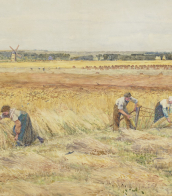

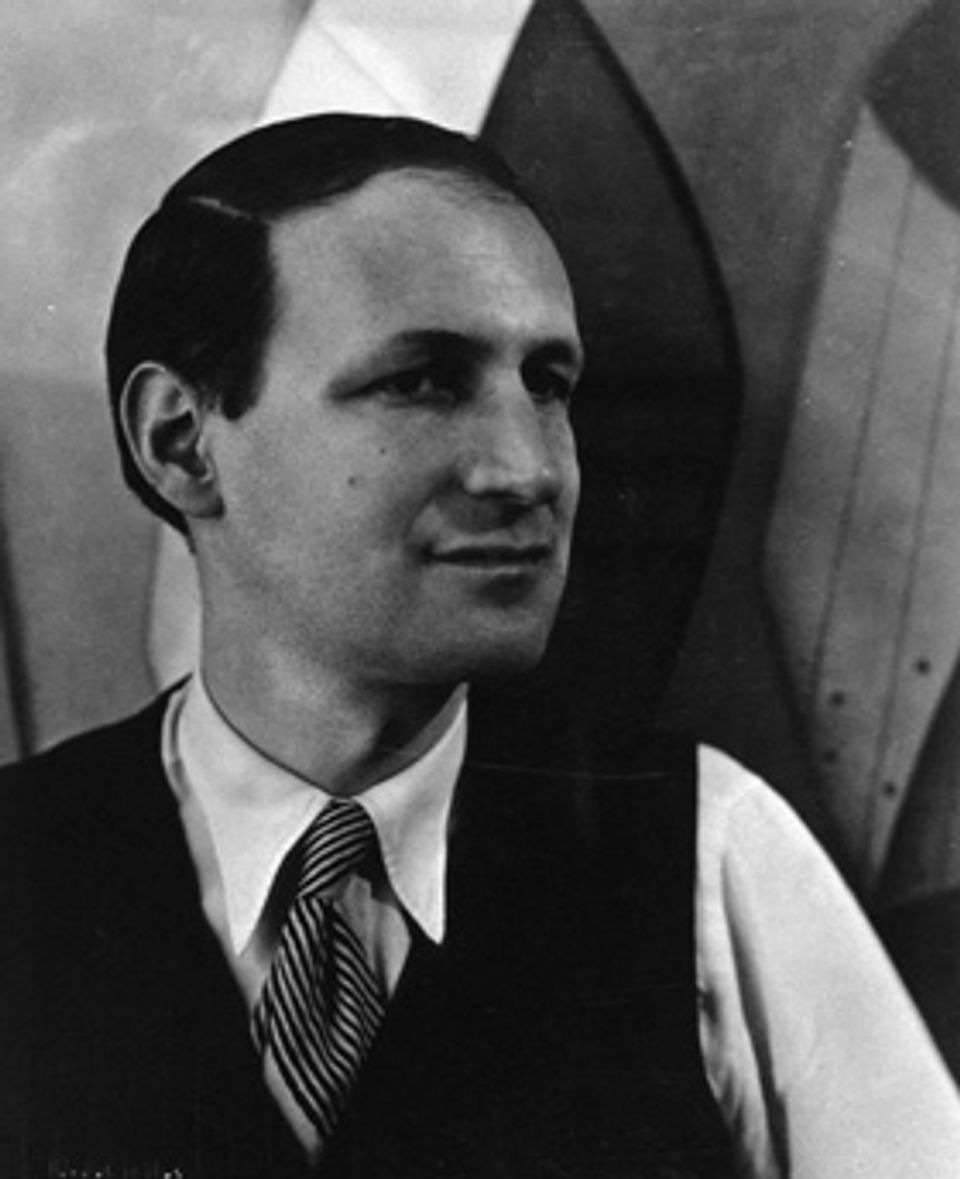
George Lovett Kingsland Morris is an American artist and designer best known for his work in the style of abstract expressionism.
Morris began his career as a cartoonist and illustrator for magazines and advertising agencies, but later moved on to painting and abstract painting in particular. In the 1930s he was one of the founders of the Abstract Art League, which promoted abstract expressionism in the United States. In the 1940s Morris was a major contributor to the Abstract Expressionist movement in New York.
Many of Morris's works, including his paintings, drawings, and graphics, are in the permanent collections of the Museum of Modern Art in New York, the Guggenheim Museum, and the New York Public Library.
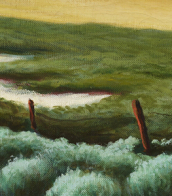
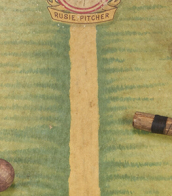
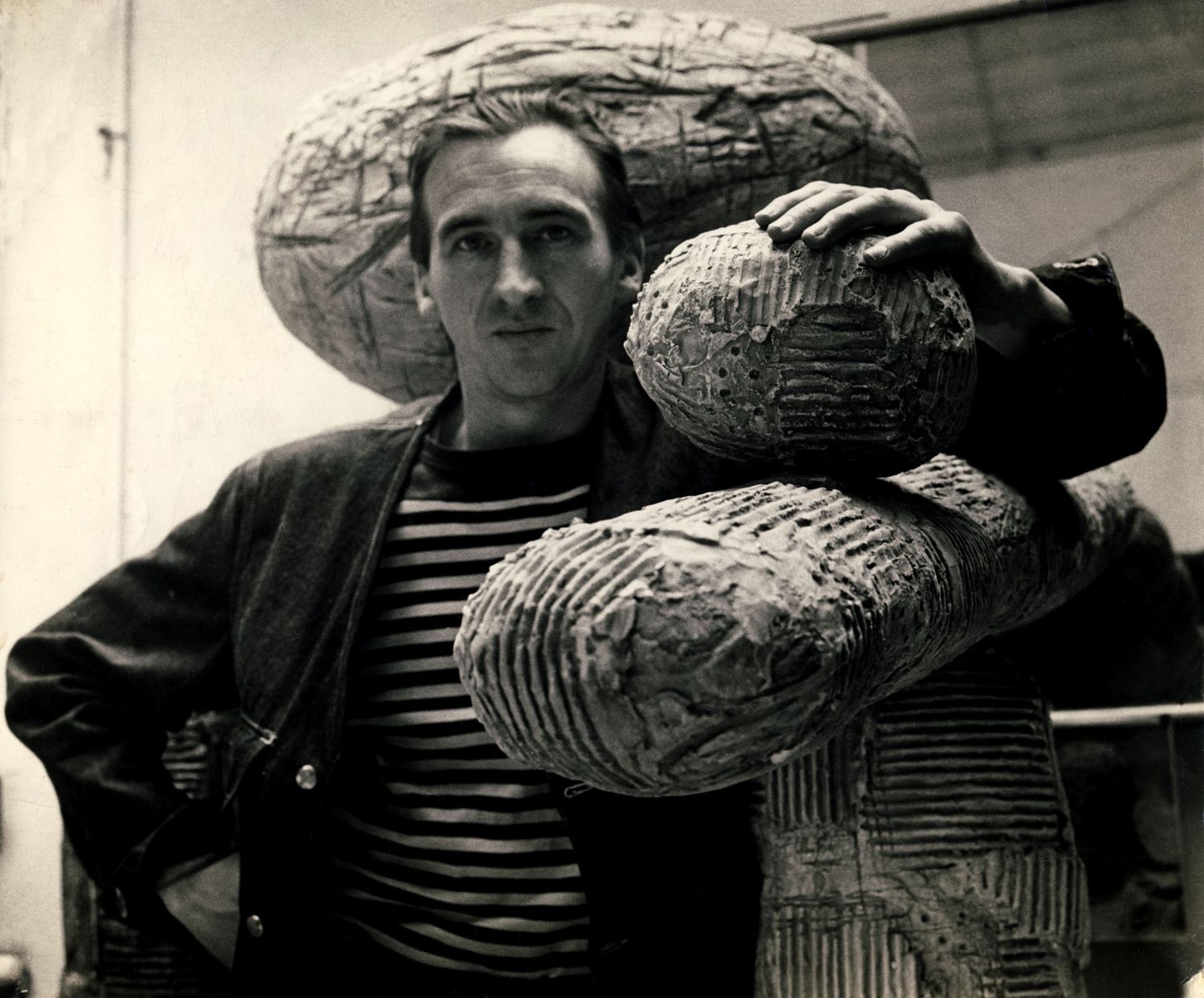
William Turnbull was a Scottish artist.
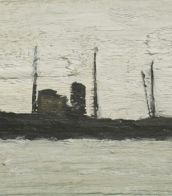
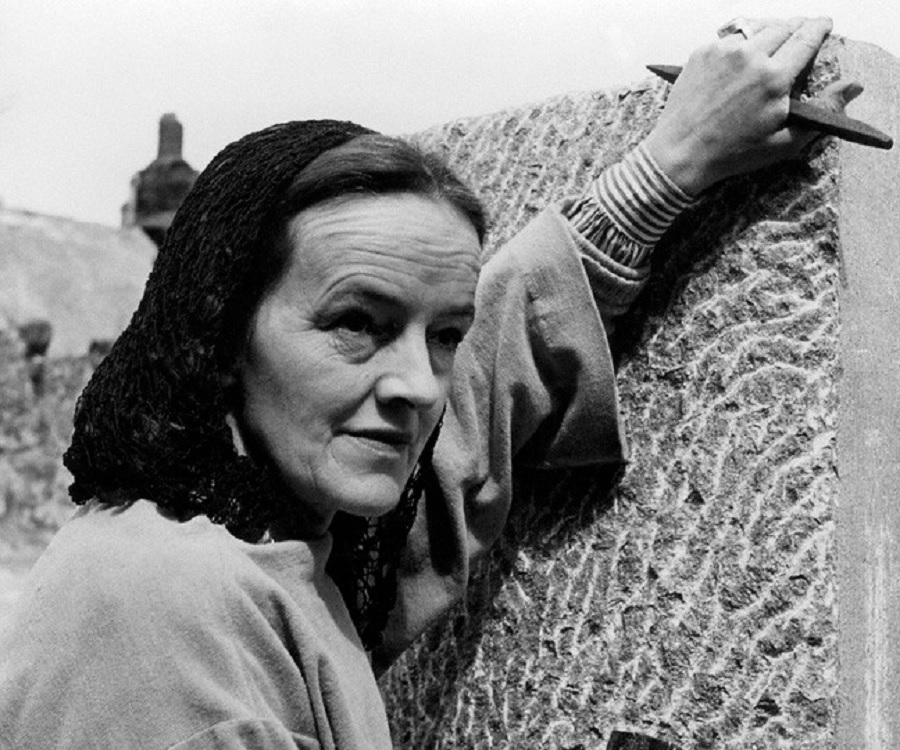
Barbara Hepworth was an English artist and sculptor. Her work exemplifies Modernism and in particular modern sculpture. Along with artists such as Ben Nicholson and Naum Gabo, Hepworth was a leading figure in the colony of artists who resided in St Ives during the Second World War.
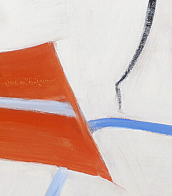
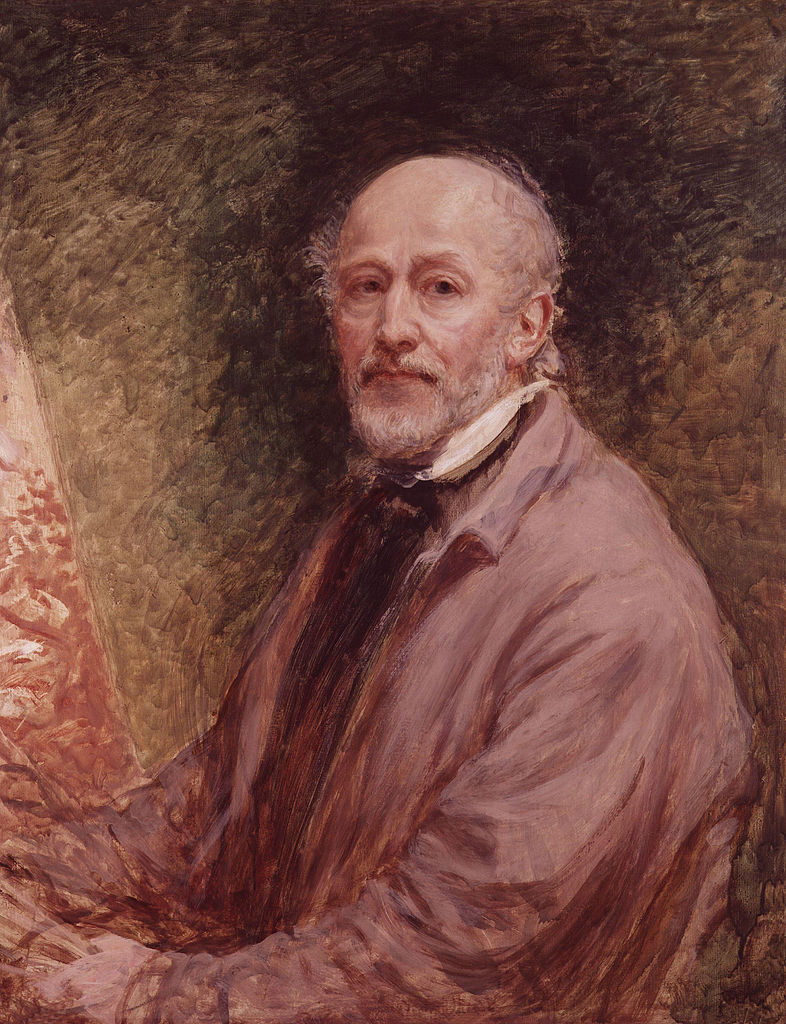
John Linnell was an English engraver, and portrait and landscape painter. He was a naturalist and a rival to the artist John Constable. He had a taste for Northern European art of the Renaissance, particularly Albrecht Dürer. He also associated with the amateur artist Edward Thomas Daniell, and with William Blake, to whom he introduced the painter and writer Samuel Palmer and others of the Ancients.
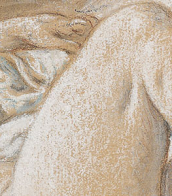
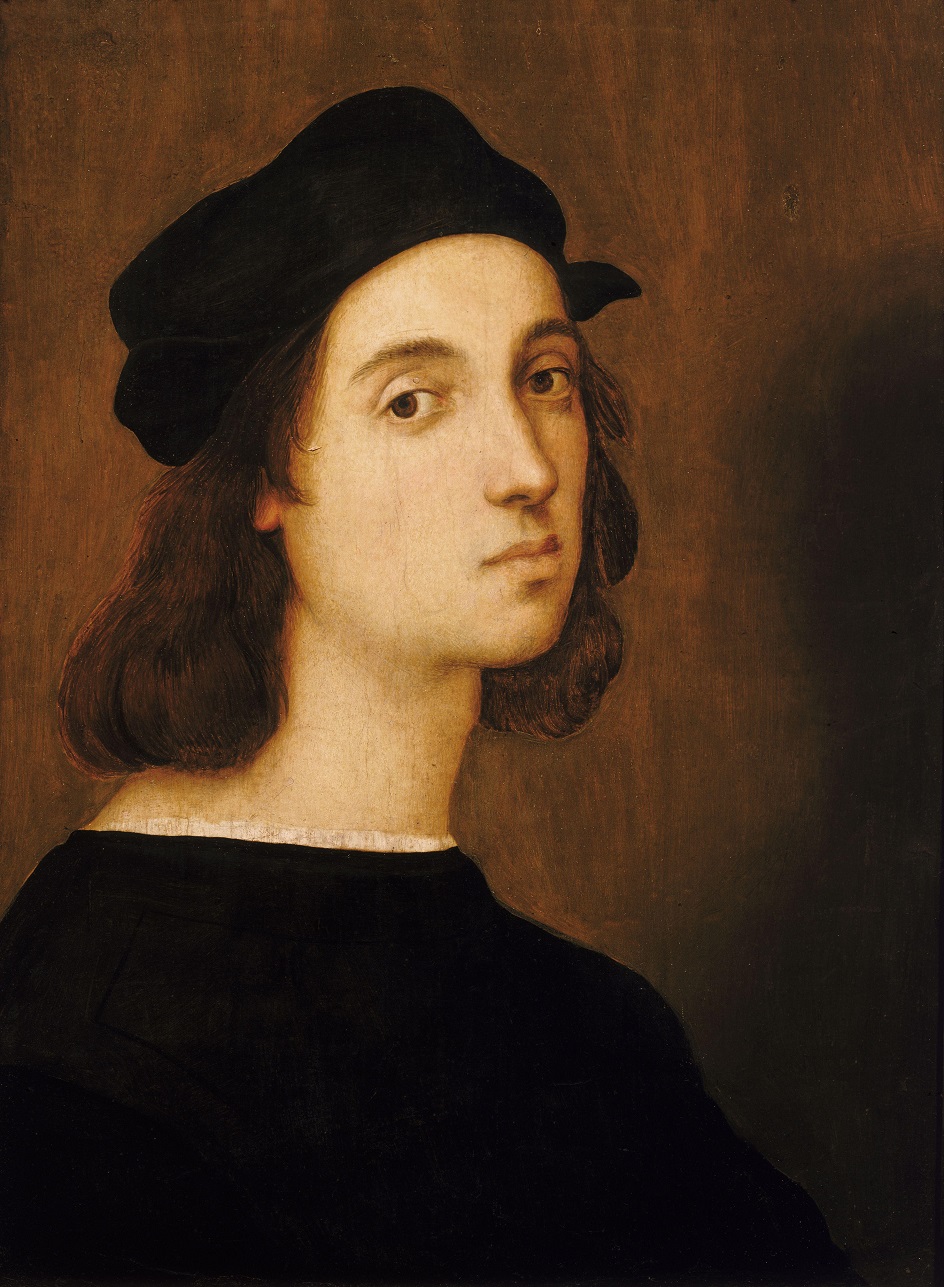
Raffaello Santi was an Italian artist, famously known for his contributions to the world of culture and art. Born in Urbino, Italy, in 1483, Raffaello Santi, commonly known as Raphael, was a renowned painter and architect during the Italian Renaissance. His exceptional talents in the realms of painting and sculpture have left an indelible mark on the art world, earning him a place among the greatest artists of all time.
Raphael's works are celebrated for their exquisite detail, harmonious compositions, and the graceful beauty of his subjects. He is best known for his remarkable frescoes in the Vatican Palace, including the famous "School of Athens," which exemplifies his mastery in blending classical antiquity with contemporary artistic sensibilities. His ability to capture the human form with unparalleled accuracy and sensitivity has earned him a reputation as a true virtuoso.
Among his other notable works are "The Sistine Madonna" and "The Transfiguration," both of which showcase his exceptional skills in portraying religious subjects with a captivating emotional depth. These paintings, along with many others, are now cherished treasures in museums and galleries worldwide, drawing art enthusiasts and experts alike to admire Raphael's timeless creations.
For collectors and art connoisseurs, Raphael's works are highly sought after, not only for their historical significance but also for their aesthetic appeal. His pieces continue to command great value in the art market, making them a valuable addition to any art collection.
If you are passionate about culture, art, and the works of this celebrated artist, consider signing up for updates related to Raphael Santi. Stay informed about new product sales and auction events featuring his masterpieces, and have the opportunity to acquire a piece of art history for yourself. Don't miss the chance to immerse yourself in the world of Raphael and his timeless contributions to the realm of art. Subscribe today and be a part of preserving his legacy.
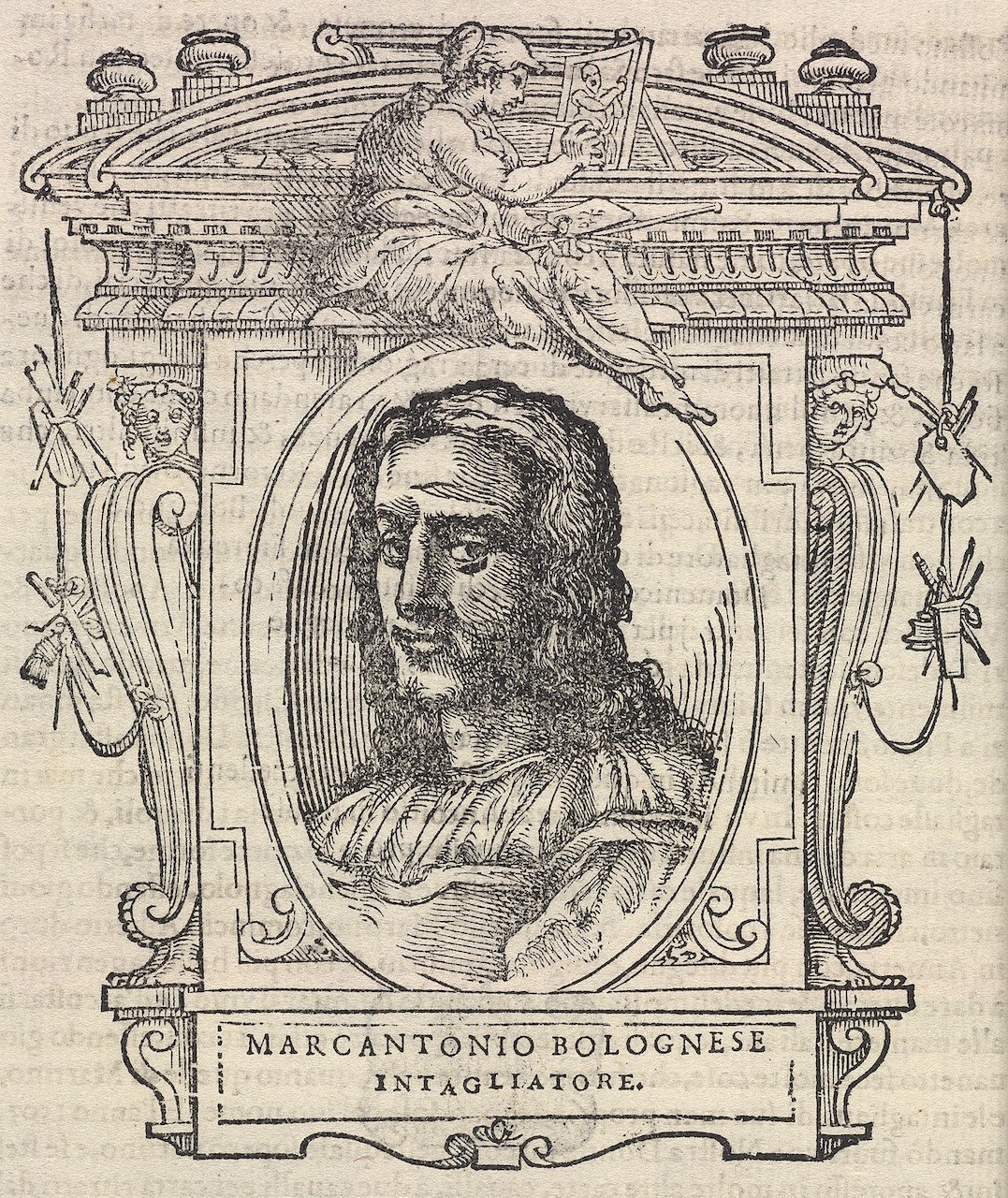
Marcantonio Raimondi, also Marcantonio Francia, was an Italian draftsman and copper engraver. He authored more than 300 engravings of Renaissance artworks, including paintings by Raphael and ancient monuments such as architecture, vases and ornaments.
Marcantonio spent his childhood years in Bologna, but little is known of his mother and father's family. The artist was called "Marco Antonio Bolognese". According to Giorgio Vasari, Marcantonio spent some time in France, as his monogram "MAF": Marcantonio Francia confirms. Later he travelled between Venice, Florence and Rome. Influences of the French style can be seen in his works.
His work on the works of Raphael led Marcantonio to collaborate with Giulio Romano, who first commissioned from him a series of images taken from The Histories of Venus, Apollo and Hyacinth and The Histories of Magdalene and the Four Evangelists. Sixteen engravings, based on drawings by Giulio Romano, of Pietro Aretino's love sonnets and containing an erotic subject, were called "Poses of Aretino".
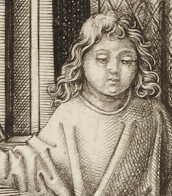
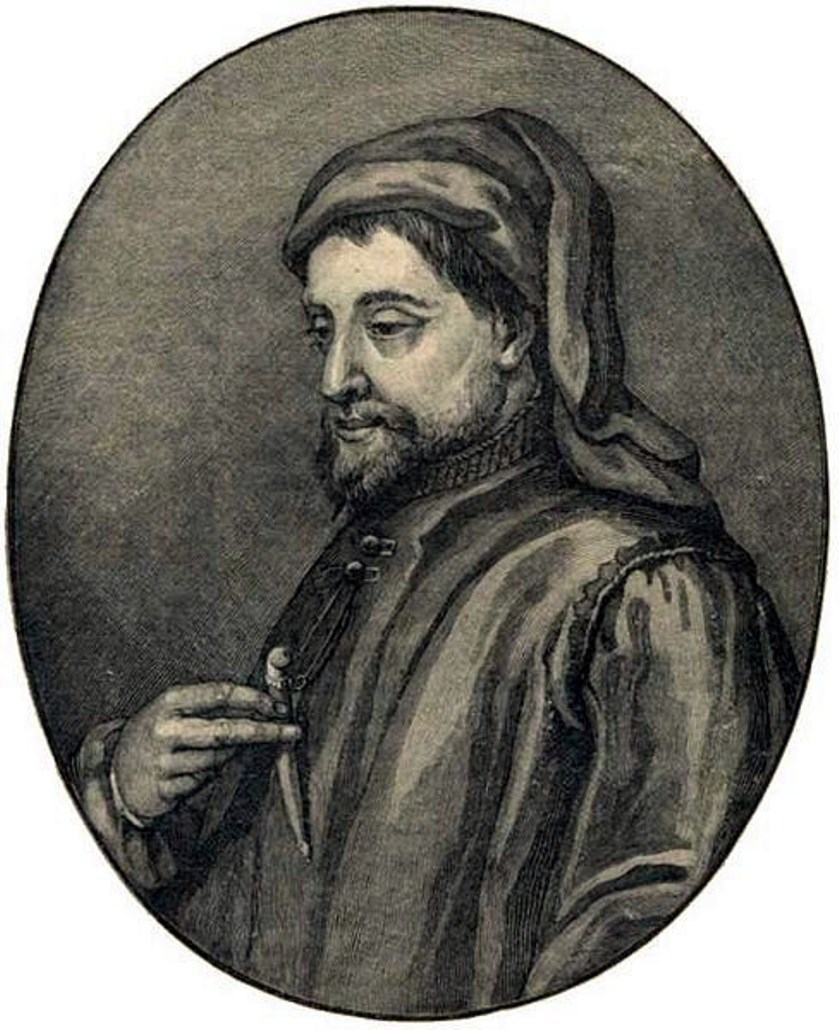
Geoffrey Chaucer was a medieval English poet and novelist, one of the founders of the literary English language.
Geoffrey Chaucer came from a wealthy family, in 1357 became a civil servant of Countess Elizabeth of Ulster and remained at the British court all his life. Later in his royal service, he traveled on diplomatic missions to France, Spain, and Italy. He made important contributions to the management of public affairs as a courtier, diplomat and civil servant. And very importantly, in these travels Chaucer was exposed to the works of Dante, Petrarch and Boccaccio, which later had a profound influence on his writing.
"The Canterbury Tales" became Geoffrey Chaucer's most famous and recognized work, although this voluminous work remained unfinished. He also wrote the popular science treatise "A Treatise on the Astrolabe", the historical poems "Troilus and Criseyde" and "Legends of Glorious Women", and many poems.
Geoffrey Chaucer is called the forerunner of the literature of the English Renaissance. He was the first to write works in his native language instead of Latin, for which he earned the title of "father of English poetry." Chaucer was buried in Westminster Abbey, and his grave became the first in the so-called "Poet's Corner", where Charles Dickens, Rudyard Kipling and Alfred Tennyson were later buried.

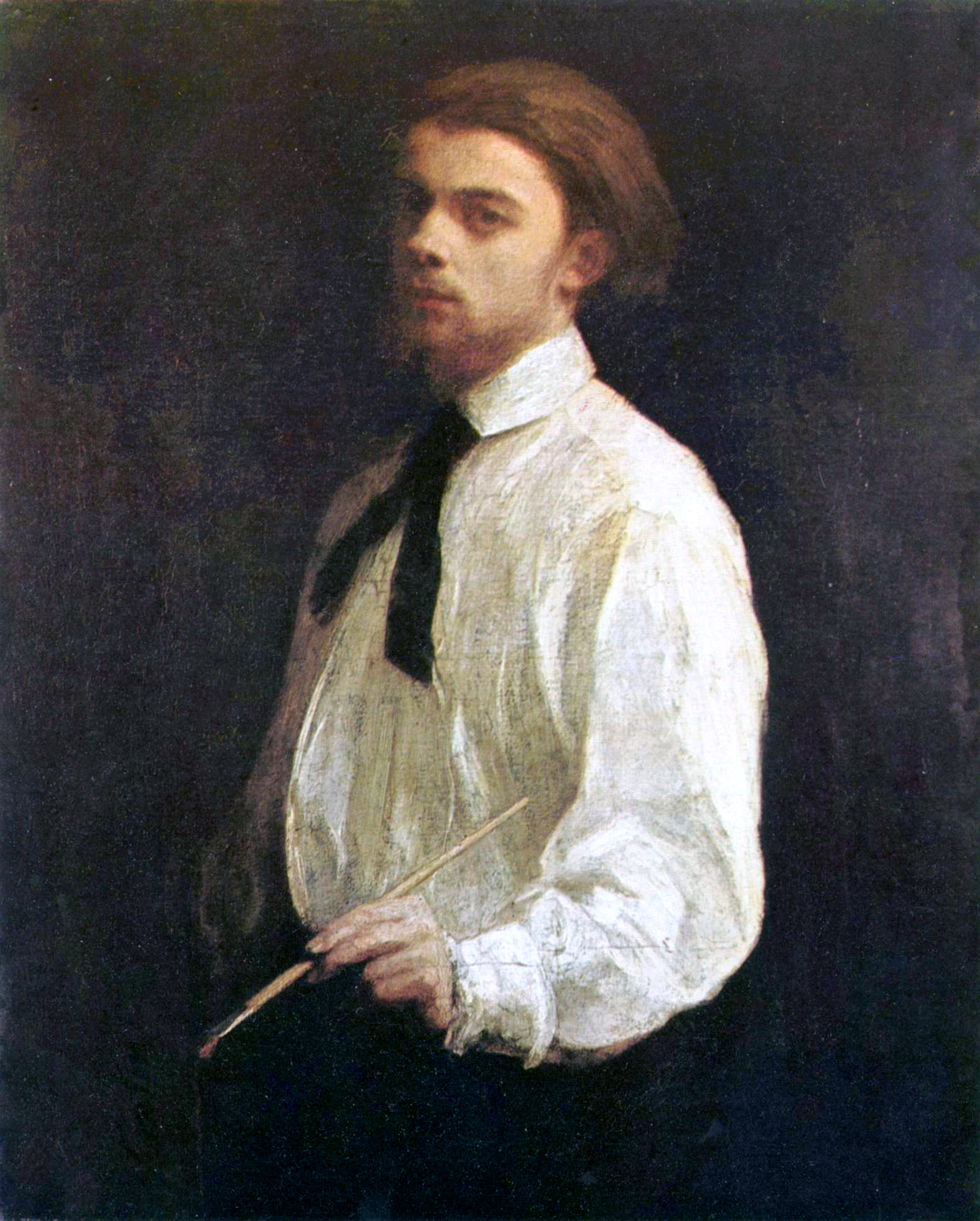
Henri Fantin-Latour was a French painter and lithographer renowned for his exquisite flower paintings and insightful group portraits of Parisian artists and writers. His artistic journey began in Grenoble, where he was born in 1836, but it flourished in Paris, where he moved at a young age to study art. Despite his associations with Impressionists like Édouard Manet and Claude Monet, Fantin-Latour carved his unique path, focusing on still life and portraiture rather than adopting the Impressionist style.
Henri Fantin-Latour's knack for capturing the essence of his subjects is evident in his group portraits, which were not just mere representations but insightful depictions of the artistic and literary circles of his time. His notable works like "A Studio at Les Batignolles" illustrate the camaraderie among artists like Manet, Renoir, and Monet, offering a window into the vibrant Parisian art scene of the 19th century. His still lifes, particularly his flower paintings, are celebrated for their realism and delicate precision, making them a favorite among collectors and art enthusiasts.
In addition to his painting, Henri Fantin-Latour's lithographs, inspired by classical music and imbued with a poetic and symbolic quality, reveal another dimension of his talent, showcasing his ability to transcend the boundaries of realism and delve into the realm of imagination.
For art collectors and experts, Henri Fantin-Latour's works offer a blend of technical mastery and a deep understanding of the interplay between art, music, and literature. His contributions to the art world are remembered and celebrated in museums around the globe, where his works continue to inspire and captivate audiences.
For those interested in exploring more about Henri Fantin-Latour's life and works, visiting exhibitions or keeping abreast of auctions featuring his art can provide valuable insights into his creative genius. To stay updated on related events and opportunities, consider subscribing to updates from art institutions or galleries specializing in 19th-century French art.
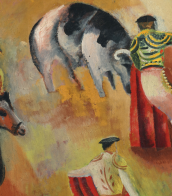
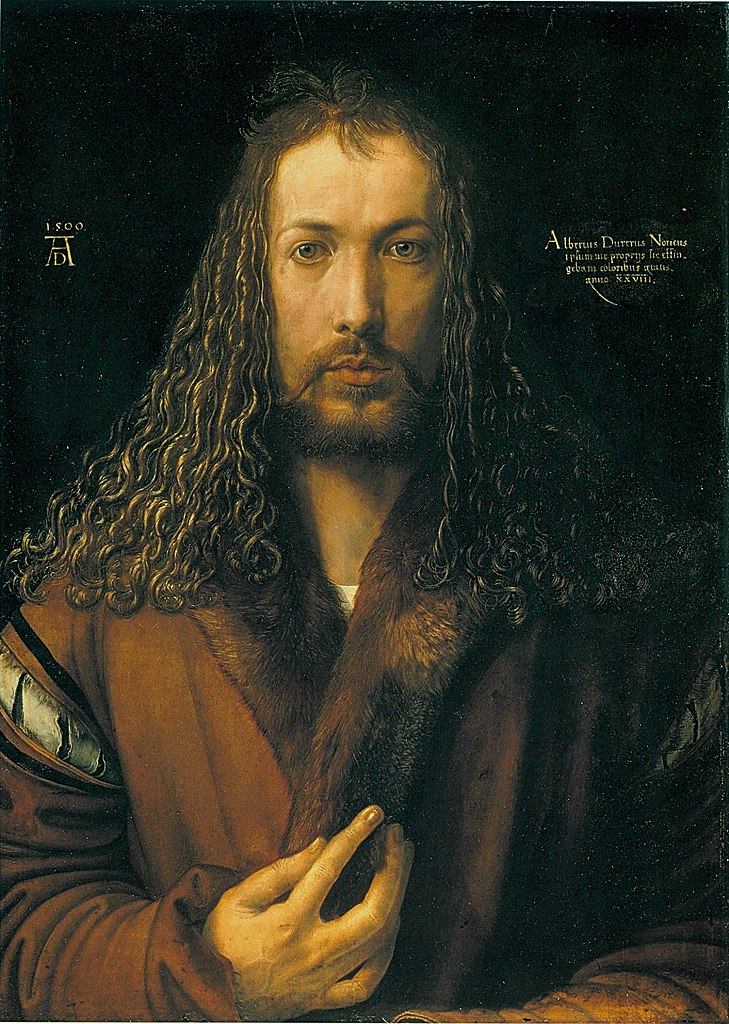
Albrecht Dürer, born on May 21, 1471 in Nuremberg, Germany, is widely regarded as the greatest German Renaissance painter. His contribution to painting and engraving is quite significant and has left a notable mark on the art world. Dürer's early life was spent in Nuremberg, a city that played a crucial role in his development as an artist and was also the site of his death on April 6, 1528. He was the son of the goldsmith Albrecht Dürer the Elder, from whom he initially learned the basics of drawing and metalworking.
Dürer's work is characterized by a combination of Gothic elements with the emerging Renaissance style, which is evident in his woodcuts and engravings. His oeuvre encompasses many themes, including religious works, altarpieces, portraits, and self-portraits. His outstanding prints, such as The Knight, Death and the Devil (1513), St. Jerome in his Study (1514) and Melencolia I (1514), are known for their intricate detail and artistic skill. Dürer was also one of the earliest European landscape painters, as evidenced by his watercolor paintings.
Equally significant are his theoretical writings on mathematics, perspective, and ideal proportions in art. Dürer was not only an artist but also a keen intellectual, his interests encompassing various aspects of culture and science. He served as court painter to Holy Roman Emperors Maximilian I and Charles V, completing several significant art projects for them. Dürer's keen mind and versatile interests brought him into contact with the most prominent figures of his time, including theologians and scientists of the Reformation era.
Dürer's self-portraits are particularly famous, demonstrating not only his artistic skill but also his self-awareness and personal style. These portraits attest to his growing success and confidence as an artist. Dürer's legacy is immense; he influenced not only the art of his time, but also left an indelible mark on the history of European art.
For those interested in the work and legacy of Albrecht Dürer, we recommend subscribing to our updates. Our subscription service is designed to provide information about new sales and auction events related to this remarkable artist. Join us to keep up to date on the latest art and antiques related to Albrecht Dürer.
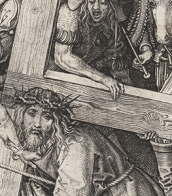
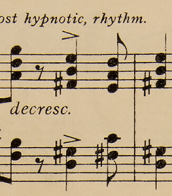
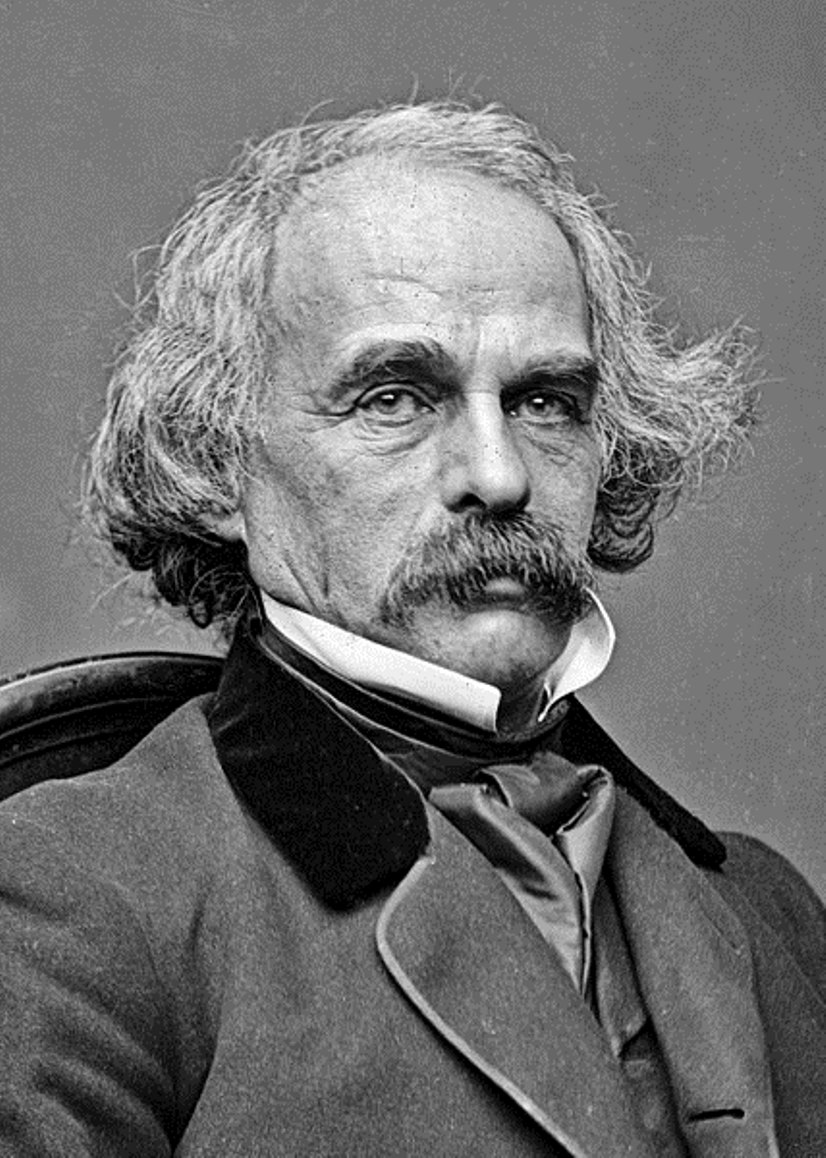
Nathaniel Hawthorne is an American writer and author.
Hawthorne is a recognized short story writer and a master of allegorical and symbolic narrative. One of the first fiction writers in American literature, he is best known for his works The Scarlet Letter (1850) and The House of Seven Gables (1851). Hawthorne's artistic works are considered part of the American Romantic movement and, in particular, of so-called dark Romanticism, a popular mid-19th-century fascination with the irrational, the demonic, and the grotesque.
